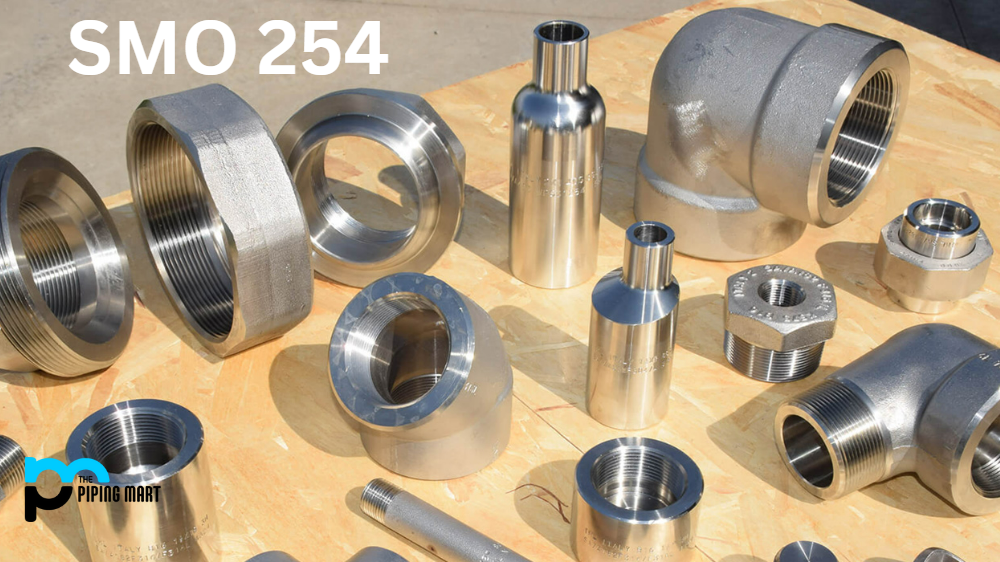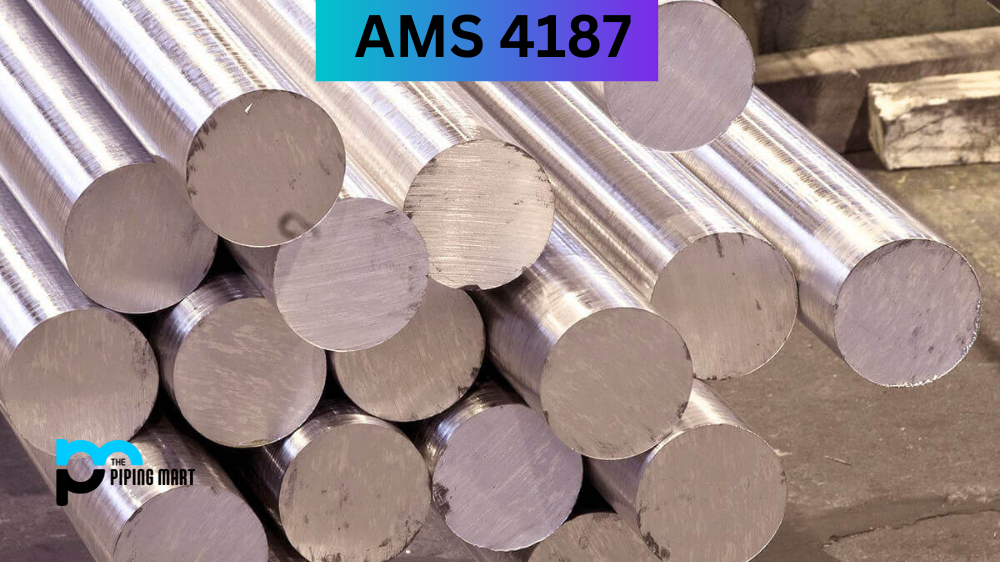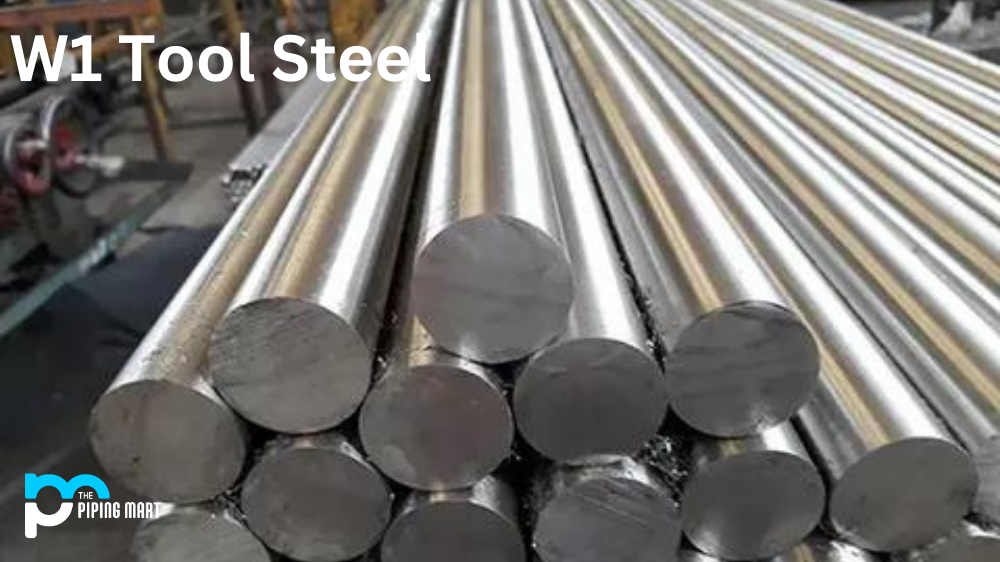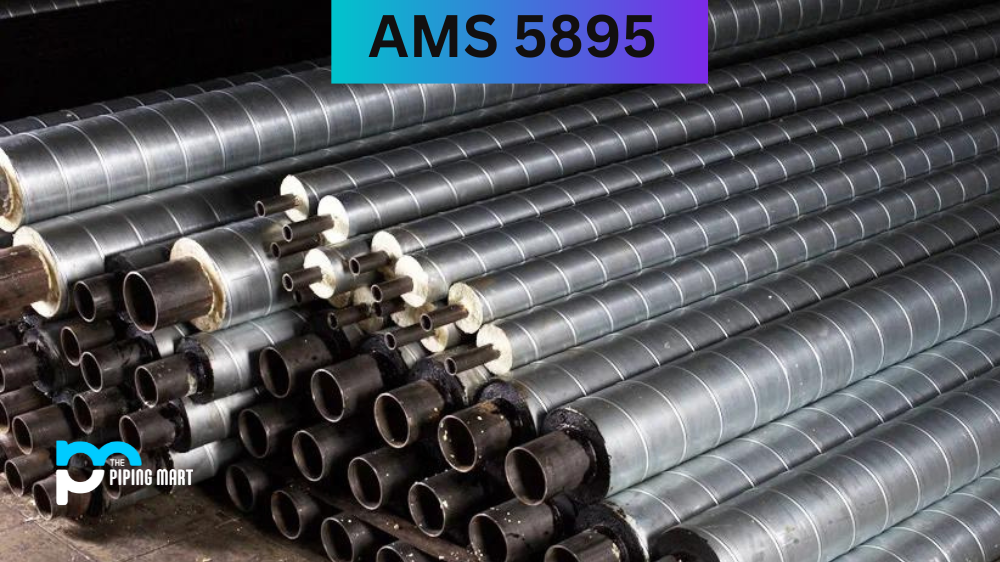In this blog post, we will delve into what SMO 254 is, its composition, mechanical and physical properties, uses corrosion resistance, heat treatment, machining, and welding.
What is SMO 254?
SMO 254 is austenitic stainless steel known for its exceptional resistance to corrosion, high strength, and durability. This stainless steel is popularly used in chemical processing, oil and gas, and pharmaceutical industries.
SMO 254 Composition
The composition of SMO 254 is primarily made up of nickel, molybdenum, chromium, and nitrogen, which makes it highly resistant to pitting and crevice corrosion. It also contains copper, which enhances its resistance to sulfuric acid corrosion. The presence of high amounts of chromium and molybdenum gives SMO 254 its excellent resistance to corrosion in seawater, chlorides, and other aggressive environments.
| Element | Content (%) |
|---|---|
| Iron, Fe | 55.69 |
| Chromium, Cr | 20 |
| Nickel, Ni | 18 |
| Molybdenum, Mo | 6.1 |
| Nitrogen, N | 0.20 |
| Carbon, C | 0.010 |
SMO 254 Mechanical Properties
The mechanical properties of SMO 254 include high strength and toughness, with tensile strengths of up to 680 MPa and yield strength of up to 300 MPa. Its high ductility and durability make it an ideal material for harsh and challenging industrial environments. Additionally, SMO 254 is highly resistant to chloride and stress corrosion cracking, even in high temperatures.
| Properties | Metric | Imperial |
|---|---|---|
| Tensile strength | 680 MPa | 98600 psi |
| Yield strength | 300 MPa | 43500 psi |
| Modulus of elasticity | 195 GPa | 28300 ksi |
| Shear modulus | 75 GPa | 10900 ksi |
| Poisson’s ratio | 0.30 | 0.30 |
| Elongation at break | 50 % | 50 % |
| Hardness, Brinell | 210 | 210 |
SMO 254 Physical Properties
SMO 254 also boasts several physical properties that make it ideal for use in various industrial applications. These properties include a high melting point of over 1400°C, low thermal expansion, and excellent thermal conductivity. Its low thermal expansion makes it ideal for applications that require dimensional stability, and its excellent thermal conductivity ensures efficient heat transfer.
| Properties | Metric | Imperial |
|---|---|---|
| Density | 8 g/cm3 | 0.289 lb/in3 |
SMO 254 Equivalents
| ASTM A813 | ASTM A469 | ASTM A269 | ASTM A240 | ASTM A182 (F44) |
| ASTM A814
|
ASTM A312
|
ASTM A249
|
|
SMO 254 Thermal Properties
| Properties | Metric | Imperial |
|---|---|---|
| Thermal expansion co-efficient (@20-100°C/68-212°F) | 16.5 µm/m°C | 9.17 µin/in°F |
| Thermal conductivity | 14 W/mK | 97.2 BTU in/hr.ft².°F |
SMO 254 Uses
One of the most popular uses of SMO 254 is in the chemical processing industry, where it is used for manufacturing reactors, evaporators, and heat exchangers. It is also used in the oil, gas, and pharmaceutical industries for applications requiring high corrosion resistance and temperatures.
SMO 254 Corrosion Resistance
SMO 254 has exceptional corrosion resistance, making it a popular choice for applications that require exposure to harsh environments. It has excellent pitting and crevice corrosion resistance, making it an ideal choice for seawater, chlorides, and other aggressive environments. It is also highly resistant to sulfuric acid and other acids, making it suitable for chemical processing.
SMO 254 Heat Treatment
Heat treatment of SMO 254 involves annealing, which involves heating the material to a temperature between 1050 and 1150°C followed by water quenching. This heat treatment process improves the material’s ductility and toughness while reducing its hardness.
SMO 254 Machining
Machining SMO 254 can be challenging due to its high strength and hardness. However, using high-speed machining and carbide tools can make the process easier.
SMO 254 Welding
Welding SMO 254 requires expertise since it is prone to cracking if welded incorrectly. Using the gas tungsten arc welding process and preheating the material before soldering is recommended to reduce the risk of cracking.
Conclusion
SMO 254 is a highly versatile material ideal for applications requiring exceptional corrosion resistance, high strength, and durability. It has excellent mechanical and physical properties making it ideal for chemical processing, oil and gas, and pharmaceutical, among others. Understanding its composition, mechanical and physical properties, and appropriate welding and machining techniques can help ensure the successful use of SMO 254 in any application.

Abhishek is a seasoned blogger and industry expert, sharing his insights and knowledge on various topics. With his research, Abhishek offers valuable insights and tips for professionals and enthusiasts. Follow him for expert advice on the latest trends and developments in the metal industry.




